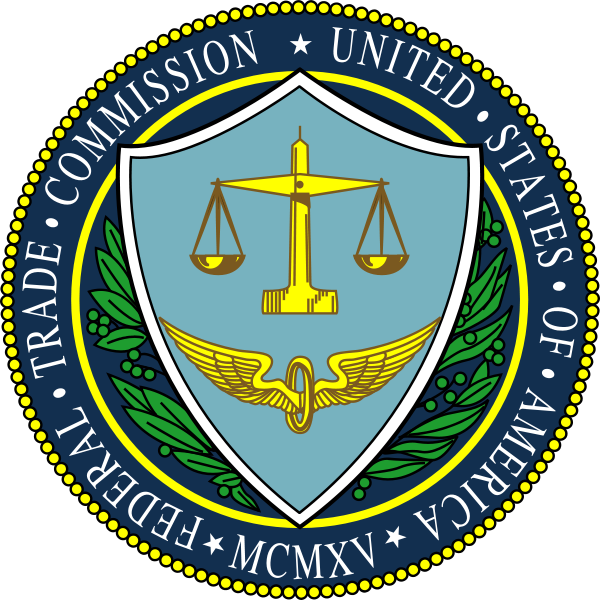The Federal Trade Commission will host a day-long public workshop to consider the need for new guidance for online advertisers about making disclosures required under FTC law. The guidance will address technological advancements and marketing developments that have emerged since the FTC first issued its online advertising disclosure guidelines known as “Dot Com Disclosures” 12 years ago.
The workshop, to be held on May 30, will cover revising the Dot Com Disclosures so they illustrate how to provide clear and conspicuous disclosures in the current online and mobile advertising environment. Any revisions will be consistent with the goals of the original guidelines and will continue to emphasize that consumer protection laws apply equally to online and mobile marketers, and to other media. The FTC began seeking input for revising the Dot Com Disclosures guidelines last year.
Topics may include:
- How can effective disclosures be made on social media platforms and mobile devices – including when they are used in commercial texting – that limit the space available for disclosure? For example, when consumers are paid or receive other benefits for providing an endorsement, how can they effectively disclose on platforms that allow only short messages or a simple sign of approval?
- When can disclosures provided separately from an initial advertisement be considered adequate? For example, if a consumer receives a location-based ad for a discounted cup of coffee on her mobile device because she is near a particular coffee shop, what terms must be disclosed in the mobile ad and what terms, if any, do not have to be disclosed until the consumer enters the coffee shop to make her purchase?
- What are the options when using devices that do not allow downloading or printing the terms of an agreement? For example, is providing consumers a means to send a copy of the agreement to themselves to read later an effective way to provide this information?
- How can disclosures that are made in the original advertisement be retained when the advertisement is aggregated (for example, on dashboards) or re-transmitted (through, for example, re-tweeting)?
- What are the disclosure opportunities and limitations of hyperlinks, jump links, hashtags, click-throughs, layered disclosures, icons, and other similar options? How should these options be evaluated in terms of placement and proximity?
- How can short, effective, and accessible privacy disclosures be made on mobile devices?
- What does the research show about how consumers’ use of mobile and other devices can affect the effectiveness of disclosures on particular devices or platforms? And what does it show about the relationship between how consumers use mobile devices and their understanding of disclosures and advertising displayed on mobile devices? What does the research show about how consumers make decisions based on that information? Is there specific research on the effectiveness of disclosures on mobile devices, including layered disclosures and icons, and, if so, what are the implications of that research for disclosures such as offer terms and privacy practices?
The Commission also invites parties to submit suggestions for topics of discussion or original research. In particular, the Commission invites the submission of realistic examples and mock-ups that can be used for illustration and discussion at the workshop. Individuals and organizations may submit requests to participate as panelists and may recommend topics for inclusion on the agenda. The requests and recommendations should be submitted electronically to dotcomdisclosuresworkshop@ftc.gov. Prospective panelists should submit a statement detailing their expertise on the issues to be addressed and contact information no later than March 30, 2012. Panelists will be selected based on expertise and the need to include a broad range of views.
Paper submissions should reference the Dot Com Disclosures Workshop both in the text and on the envelope, and should be mailed or delivered to: Federal Trade Commission, Office of the Secretary, Room H-135 (Annex P), 600 Pennsylvania Avenue, N.W., Washington, DC 20580. The FTC requests that any paper submissions be sent by courier or overnight service, if possible, because postal mail in the Washington area and at the Commission is subject to delay due to heightened security precautions. The workshop is free and open to the public. It will be held on Wednesday, May 30, 2012, at the FTC Conference Center at 601 New Jersey Avenue, N.W., Washington, DC. Pre-registration is not required. Members of the public and press who wish to participate but who cannot attend can view a live Webcast at FTC.gov.
Reasonable accommodations for people with disabilities are available upon request. Requests should be submitted via e-mail to cmcglothlin@ftc.gov or by calling Carrie McGlothlin at 202-326-3388. Requests should be made in advance. Please include a detailed description of the accommodation needed, and provide contact information.
The Federal Trade Commission works for consumers to prevent fraudulent, deceptive, and unfair business practices and to provide information to help spot, stop, and avoid them. To file a complaint in English or Spanish, visit the FTC’s online Complaint Assistant or call 1-877-FTC-HELP (1-877-382-4357). The FTC enters complaints into Consumer Sentinel, a secure, online database available to more than 2,000 civil and criminal law enforcement agencies in the U.S. and abroad. The FTC=s website provides free information on a variety of consumer topics. Like the FTC on Facebook and follow us on Twitter.




